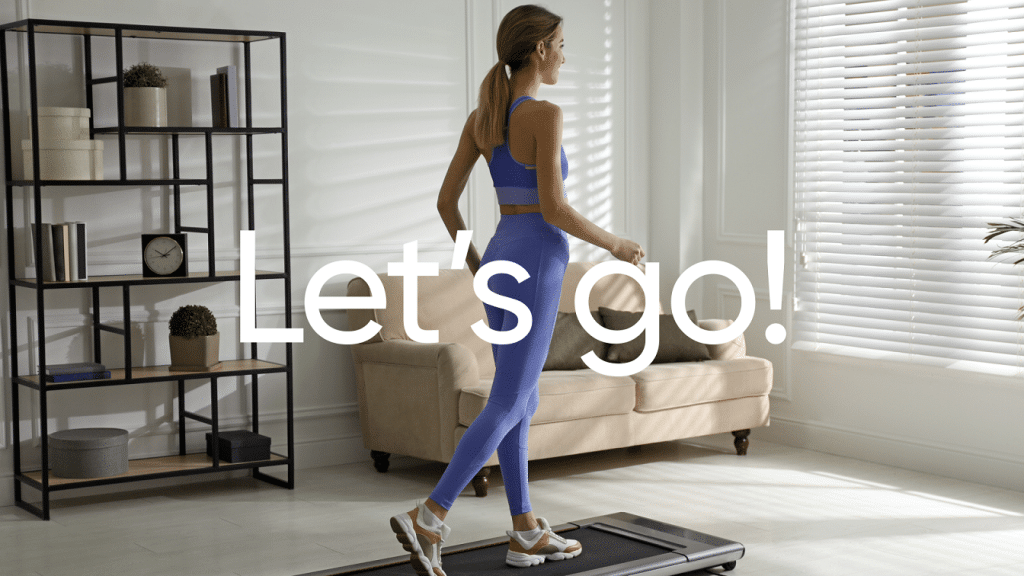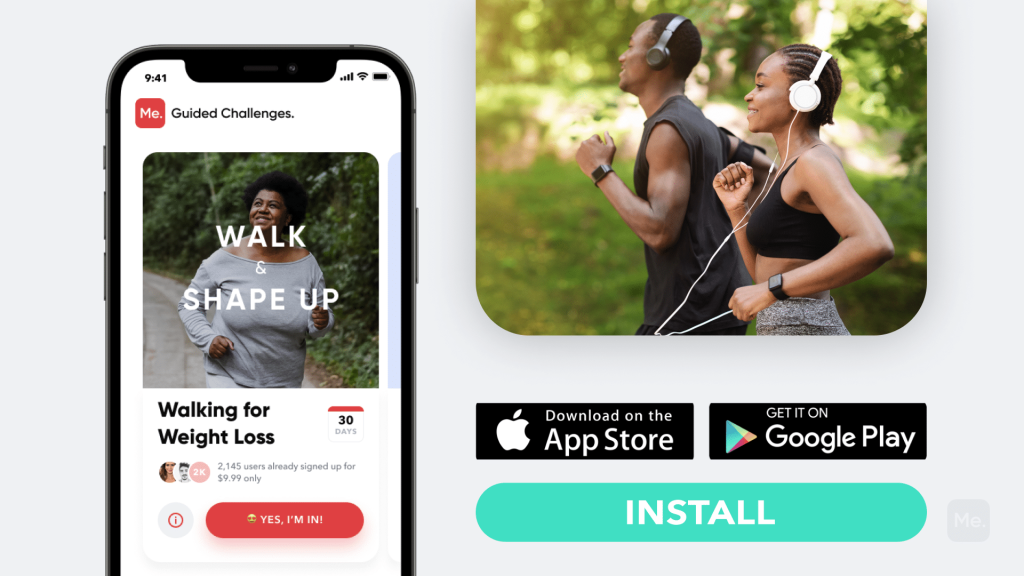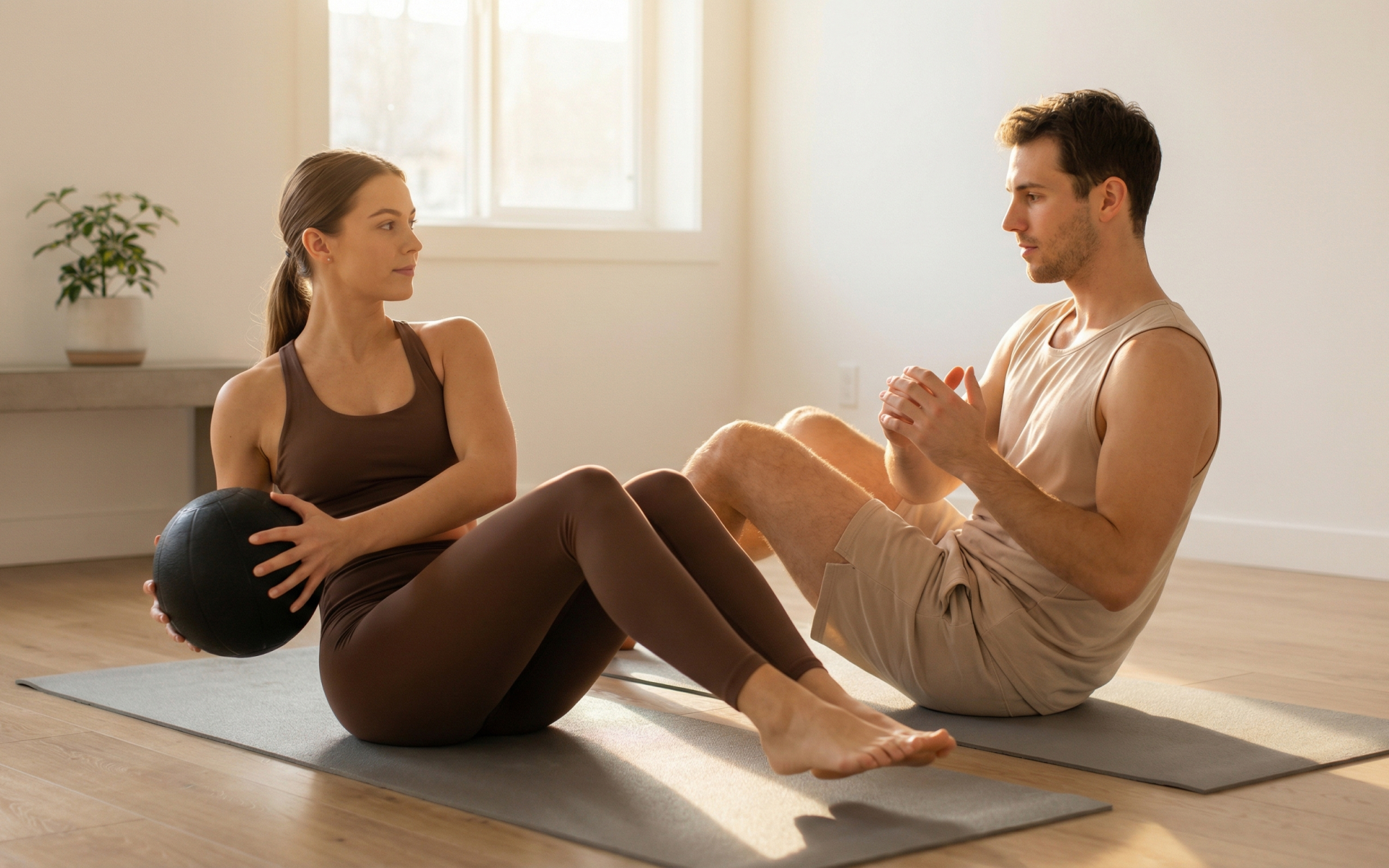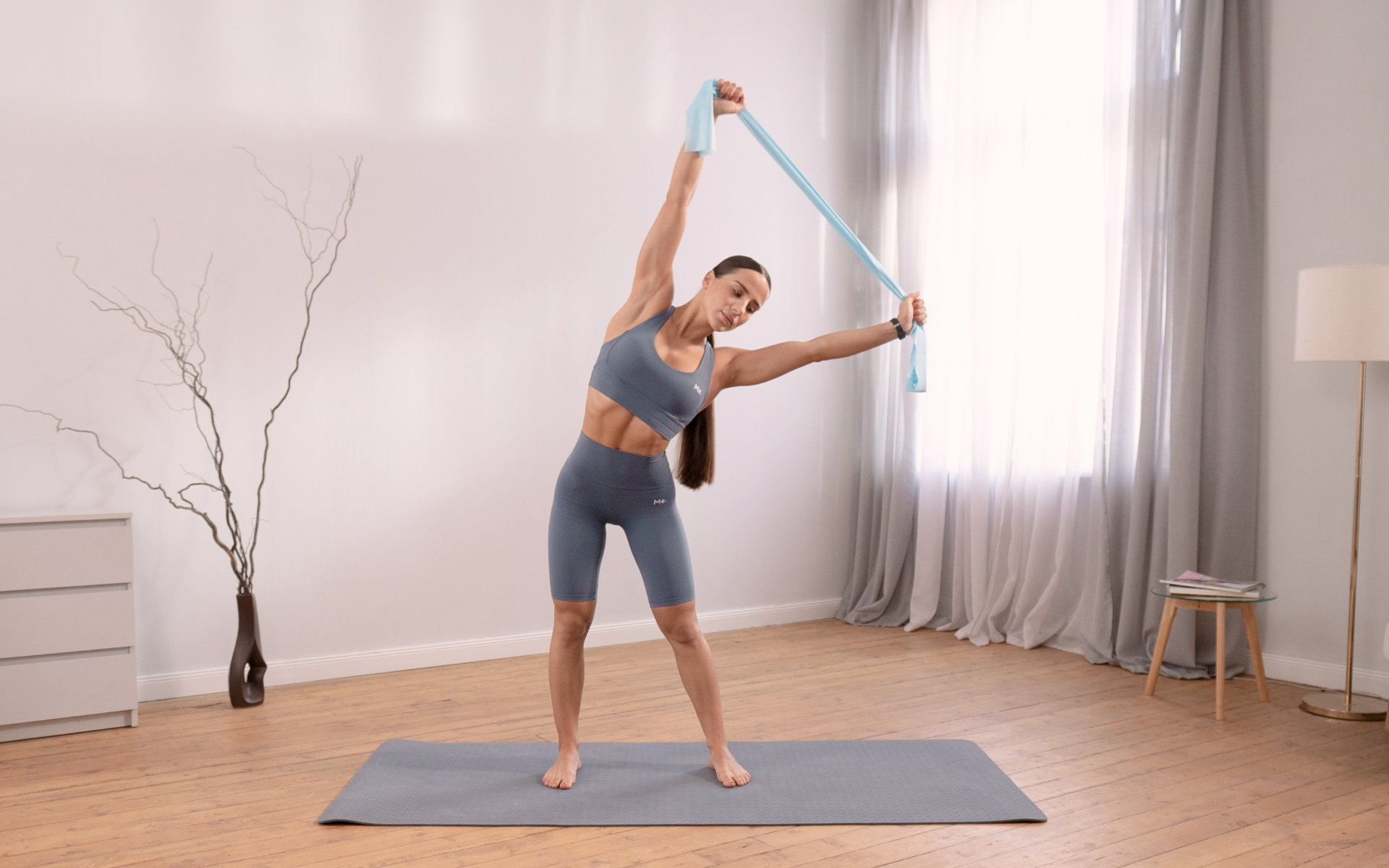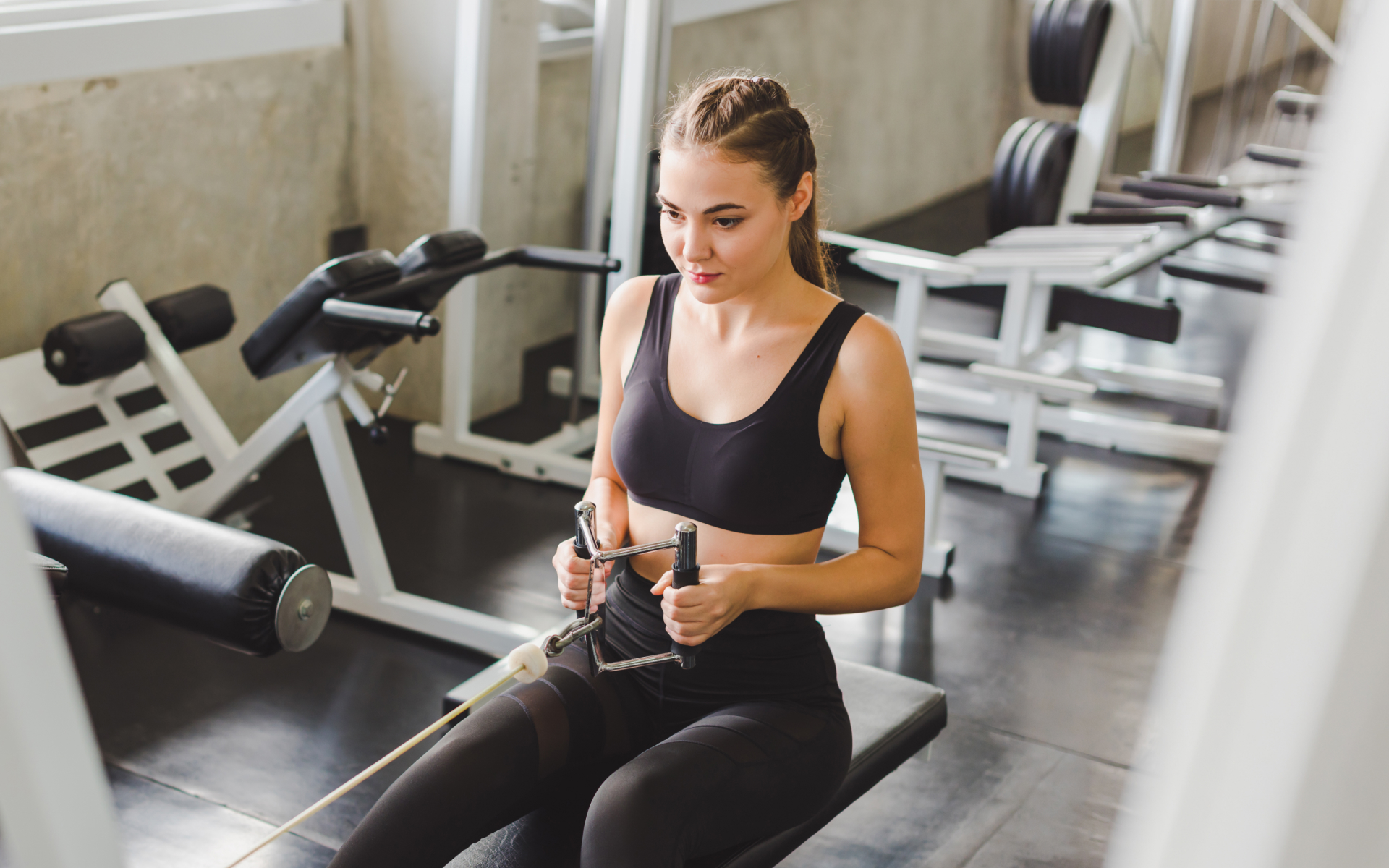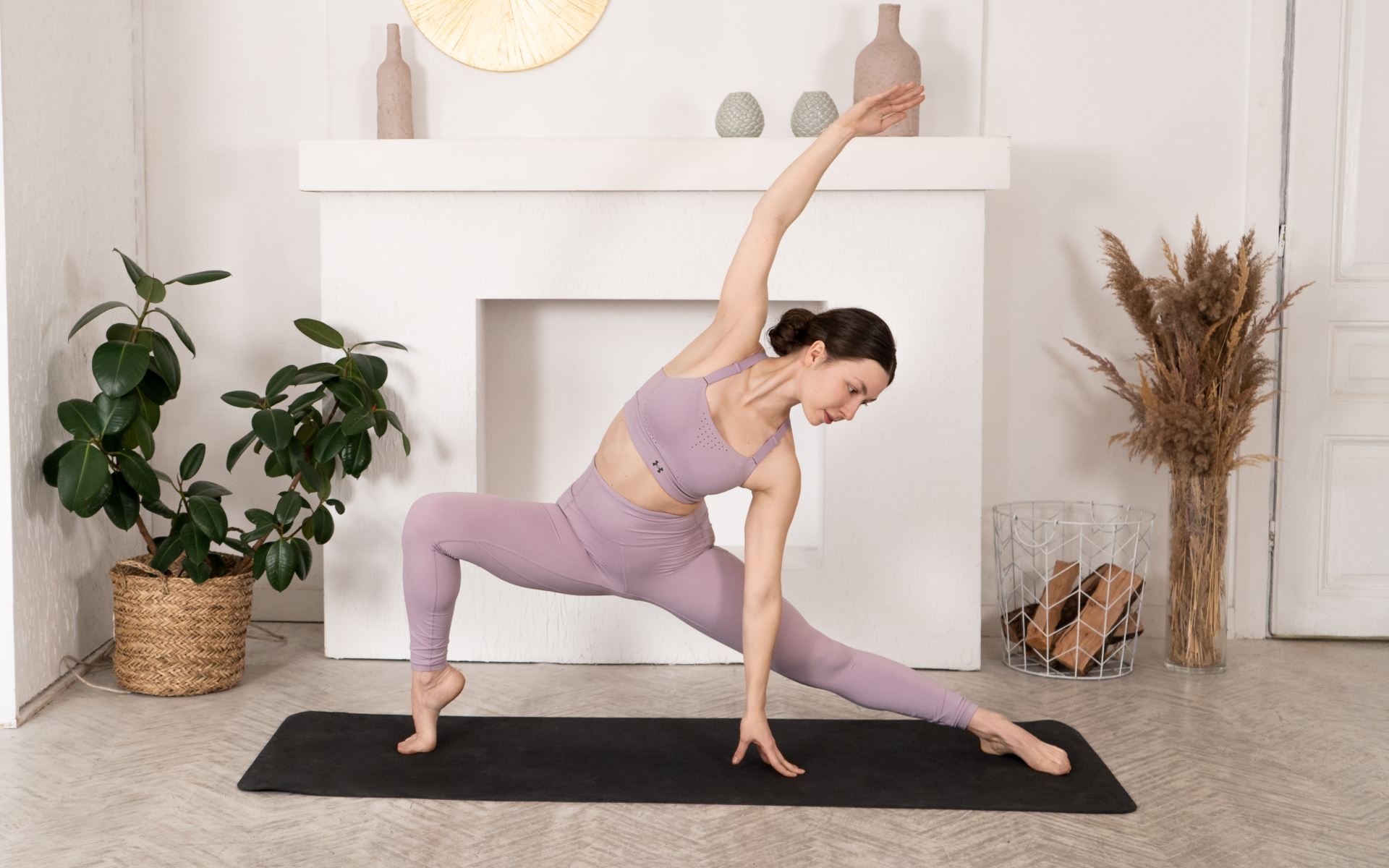Today, a sedentary lifestyle is one of the most common problems all over the world. Many people tend to neglect their health. They ignore the fact that a sedentary lifestyle leads to numerous health conditions, such as diabetes, obesity, depression, high blood pressure, osteoporosis, cardiovascular disease, and more (5). That’s why it is crucial to become more physically active. Even if you don’t have these health issues, try to walk more to lose excess weight, prevent disease and get a strong, slim, and toned body.
Get your personalized
meal plan!
If you are looking for a healthy, safe, simple, and most importantly zero-equipment way to lose weight and strengthen your health, walking is definitely for you. In this article, you will find detailed information about how much and how fast you should walk, as well as some helpful tips and benefits. Let’s start.
How To Walk To Lose Weight?
When it comes to weight loss, it is important to exercise at moderate intensity. You should walk fast enough to reach the required level of physical activity and be at 60-70 % of your maximum heart rate. The brisk pace will help you to get the desired results. To make the process easier you can use an app, a fitness band, or a heart rate monitor. You can also divide your walking time into 10-minute periods. When you get used to this type of exercise, you can also incorporate high intensity walking several times a week.
If you are a newbie, it’s better to start with shorter periods and gradually increase your time of exercising. Remember that rest days are just as important as staying physically active. To improve your results you can perform strength workouts on the days when you are not walking. It is also important to warm up for five minutes before you jump into exercising and cool down after walking.
Read More: A 21-Day Walking Plan For Fat Loss
How Much Should You Walk To Lose Weight?
If you want not only strengthen your health, but also lose weight, you should walk 30-90 minutes per day. For example, you can start your workout routine from 30 minutes and gradually increase this time. The total time per week should be 2.5 hours, but you can exercise in the most comfortable way and walk more on some days and less on the others.
How Many Calories Does Walking Burn?
By walking at a brisk pace for 30 minutes you can burn 100-300 calories. Walking one mile will help you burn about 100 calories. However, keep in mind that the results are individual and depend on your initial weight.
If you wish to cinch your waist, tone up your bat wings, blast away the muffin top – our fitness app was created to cater to all your needs! BetterMe won’t give excess weight a chance!
Benefits Of Walking
-
Helps To Preserve Lean Muscle
As a rule, when people reduce their calorie intake in order to lose excess weight, they also lose their muscle mass, and it stops them from getting the body of their dreams. Walking is up there on the list of the most efficient ways to slim down and preserve muscle mass.
-
Burns Belly Fat
Walking helps to whittle waist. In a small study, obese women who walked for 50-70 minutes a day three times a week for 12 weeks, reduced their waist circumference by 1.1 inches and lost 1.5% of their body fat (4). So, walking can be considered one of the most effective ways to peel off belly fat.
-
Improves Your Mood
According to the research, physical activity can improve your mood, decrease stress levels, depression, and anxiety (3). Moreover, by decompressing you’ll contribute to your weight loss as well.
-
Helps To Maintain A Healthy Weight
There are many cases when people who have lost excess weight regain it after the end of their diet or workout program. That’s why it is so important to do your best to maintain your weight on the necessary level. According to the research, walking at least 150 minutes a week will help you to maintain a stable and healthy weight (2).
Some Tips For Your Success And Safety
-
Consult Your Healthcare Professional
Despite the fact that walking is one of the safest ways to lose weight, you still should be careful. If you have chest pain, severe headaches, the pain that shoots down to your neck or arm, you should stop exercising and consult your doctor.
-
Buy A Good Pair Of Walking Shoes
Make sure that your shoes are suitable for exercising. They should protect and support your ankles to make your exercising safer and much more effective.
-
Warm Up Before Exercising
A warm-up routine is essential before any type of physical activity (1). The same goes for walking. In order to prevent injuries and feel more comfortable when you exercise you should warm up your muscles.
- Stretch After Exercising
Yes, walking is not as hard as strength exercises. However, your body still needs stretching after walking to reduce tension and help your muscles recover.
-
Engage Your Abs, Arms, And Glutes
By using this simple trick, you will train various muscle groups and burn more calories. Moreover, strong abs will help you to maintain proper posture.
FAQs
How Many Miles Should I Walk To Lose Weight?
As was mentioned above, you should walk at least 30 minutes a day to lose weight. If you walk at a brisk pace for half an hour, you will cover 1.5 – 2.0 miles.
Conclusion
In conclusion, walking is underestimated by many people who want to lose weight. This simple workout will improve your health and help you become a better version of yourself. Moreover, walking is safer for your body than running. It doesn’t require additional equipment and you can train even while going to your office.
However, despite the fact that this is a good and effective way to lose weight, it is critical to combine it with other healthy habits. If you want to shed pounds, it is necessary to maintain a healthy diet, drink enough water, sleep well, and reduce stress level. This combination is the only way you’ll be able to transform your body and keep it that way. Take care of yourself and consult your healthcare professional before embarking on any diet plan or workout program. Your health is your number one priority.
DISCLAIMER:
This article is intended for general informational purposes only and does not address individual circumstances. It is not a substitute for professional advice or help and should not be relied on to make decisions of any kind. Any action you take upon the information presented in this article is strictly at your own risk and responsibility!
SOURCES:
- Aerobic exercise: How to warm up and cool down (2019, mayoclinic.org)
- Aerobic physical activity and dietary advice advocated in obesity and overweight (2015, ncbi.nlm.nih.gov)
- Effects of exercise on anxiety, depression and mood (2004, ncbi.nlm.nih.gov)
- Effect of walking exercise on abdominal fat, insulin resistance and serum cytokines in obese women (2014, ncbi.nlm.nih.gov)
- Physical inactivity a leading cause of disease and disability, warns WHO (n.d., who.int)



